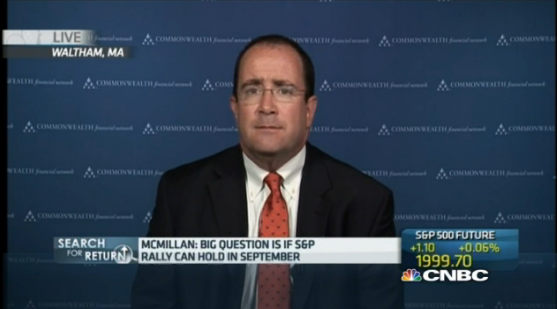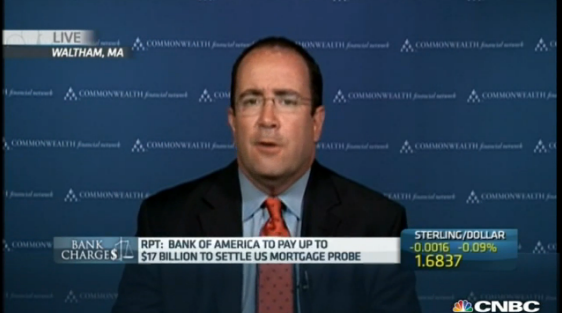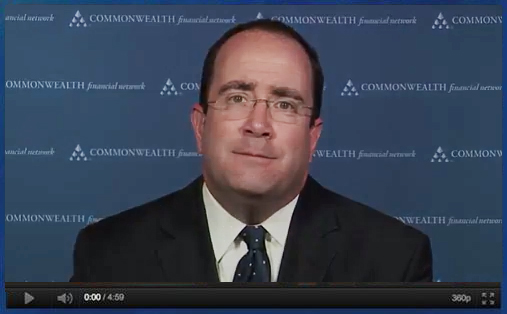Like anyone who works with investments and Wall Street, I definitely have something of a pro-business perspective. One of the great things about Commonwealth, though, is that while we deal with Wall Street, we’re not a Wall Street firm. We’re a Main Street firm, working with independent advisors who have ordinary people as clients.
This gives me a slightly different perspective on the world than many of my colleagues at other firms. I speak with our advisors almost every day, and directly to and with their clients on a regular basis. While Wall Street can be disconnected from reality, here at Commonwealth, we do our best to avoid that.

























